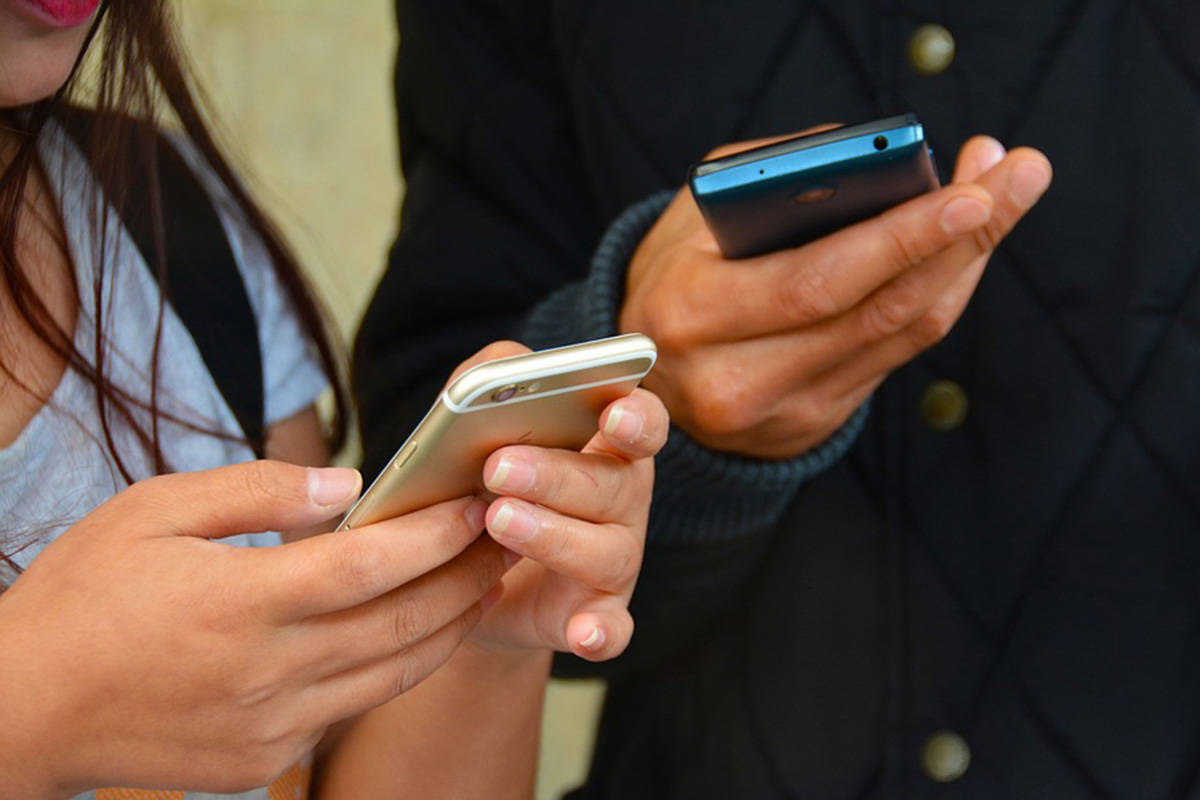You’ve gone to a public place and saw free Wi-Fi connectivity. Great, free data! Or your smartphone have ran out of battery but lo and behold there’s a public USB jack for quick charge.
Before logging into that free Wi-Fi or charging your phone, think again. Cyber security experts say your phone may be vulnerable to attack.
How does it happen?
Scammers can target your personal information using free wifi service at the mall or public places.
Once a scammer accesses your phone, tablet or laptop the free wifi, he can get your personal data such as date of birth, home address, bank account data and other information.
Identity thieves may use your credit card accounts, withdraw money from your bank, or worse, assume your identity when they commit money laundering or other criminal activities online.
If you still want to use that free wifi, go ahead. But limit it to website browsing or checking the weather and avoid logging into sensitive accounts.
Sensitive accounts include online banking, making online purchases such as Amazon or Lazada, checking email or even using your social media accounts.
Consider also signing up for a virtual private network or VPN which will encrypt your data even on unsecured public Wi-Fi networks.
As for charging the USB jack in public places such as cafe or airport, the Federal Trade Commission also reports that hackers can also modify these ports to install malevolent software on your phone.
Once your phone is hacked with a malware, your data will be exposed as well.
To avoid risk, use your own USB cord with your own charging block that can plug into a standard electrical outlet, or use and external battery pack.




